Best Trekking Companies for Everest Base Camp
I hiked to Everest Base Camp earlier this year and had an incredible experience.
But when first planning the trip, I was overwhelmed by the sheer number of companies to chose from. Each promised much the same inclusions, but I didn’t want to risk my safety and $$$$ on a dodgey operator.
Having a reliable, experienced company by your side can make all the difference between a successful trek and a disastrous one. There are also serious dangers involved, like altitude sickness, extreme weather conditions, and the physical demands of trekking for 11+ days. And ~20% of all clients won’t make it to base camp.
We were lucky – and ended up with an extremely professional company and guide. But I’ve also heard of horror stories.
Here are the 6 best trekking companies for Everest Base Camp I’d recommend, including the one we ended up going with.
Best Fair Value Operators
1️⃣ Nepal Hiking Team (Best Overall & Who I Used!) [Jump To Review]
2️⃣ G Adventures (Best for meeting people) [Jump To Review]
3️⃣ Nepal Social Treks [Jump To Review]
Best Luxury Operators
4️⃣ Nepal Hiking Team (Who I used!) [Jump To Review]
5️⃣ Intrepid Travel [Jump To Review]
6️⃣ Explore Himalayas [Jump To Review]
7️⃣ Exodus Travel [Jump To Review]
Table of Contents
Key Considerations When Choosing a Trekking Company

1. Experience and Reputation
You want a company that has been around the block.
One that knows the terrain, the climate, and the potential challenges like the back of their hand. An experienced company will have well-trained guides who can handle any situation, from managing altitude sickness to navigating tricky weather conditions.
What I didn’t appreciate until we got there was the ‘network’ these guides and trekking companines have built. knowing the local tea house owners, reputable porters, and other guiding companies.
2. Ratings and Reviews
When assessing a company’s reputation, online reviews are your best friend. They can provide valuable insights into other trekkers’ experiences.
Word-of-mouth recommendations are also golden. If you know someone who has completed the trek (like myself), ask them about their experience and which company they used.
3. Safety Standards
Look for companies that follow strict safety protocols. This includes having well-planned acclimatization schedules, conducting regular medical checks, and being prepared with emergency procedures.
A reputable company will employ guides trained in first aid and carry oxygen supplies. They should also have a clear plan in place for emergency evacuations. Don’t hesitate to ask about their safety practices before booking. Your life could depend on it!
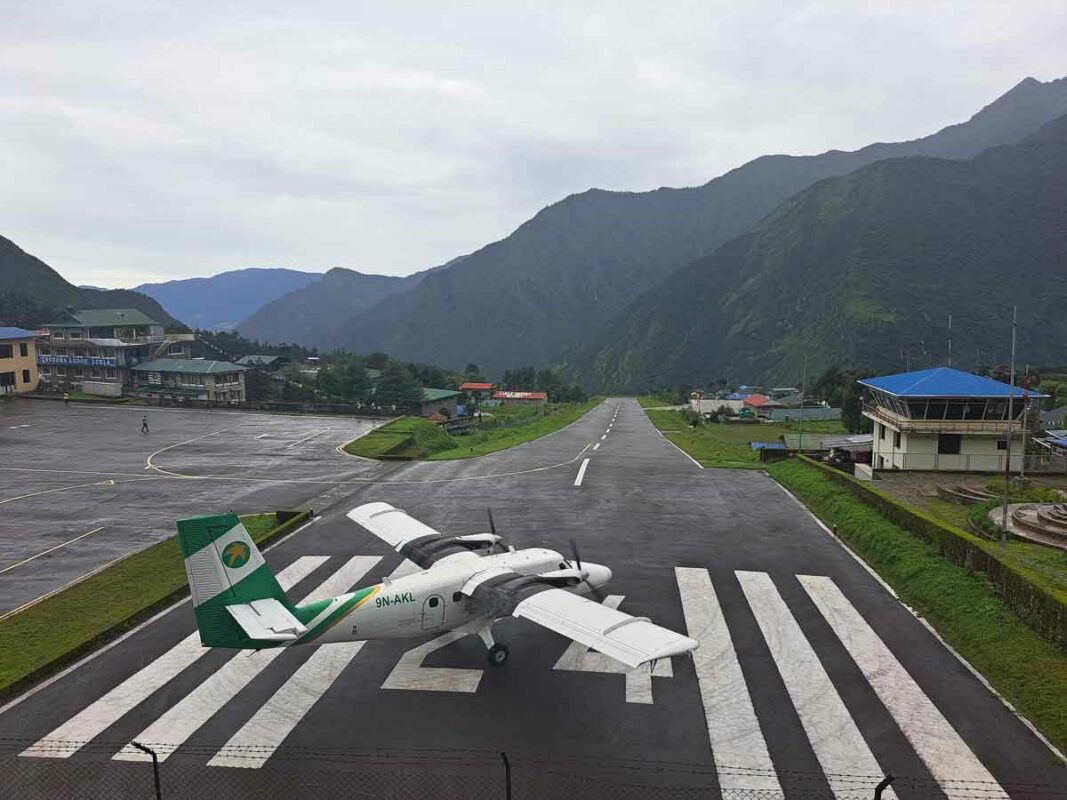
4. Cost and Value
Trekking to the camp isn’t cheap, but you should understand what you’re paying for. Here’s a breakdown of what you can expect for each price point.
– Budget Operators ($900-$1200)
Budget operators might catch your eye with their low prices, but there are some trade-offs. Safety is often compromised, with minimal investment in trained guides and emergency equipment, which can increase the risks on a high-altitude trek.
Accommodations tend to be very basic as they’ll pick the tea houses with lowest prices and cheapest food. The quality of food can be lacking, which may affect your energy levels during the journey. These companies often underpay their staff, leading to unethical practices that can leave you feeling uneasy.
– Fair-Value Operators ($1,200-$3,000)
Fair-value operators emphasize safety, with well-trained guides and proper acclimatization schedules to minimize health risks. Accommodations are comfortable and the food is nutritious and varied and caters to different dietary needs to keep you fueled for the trek. There’s a strong emphasis on safety and you’re also guaranteed comfort throughout the journey.
– Luxury Operators ($3,000+)
These companies spare no expense when it comes to safety. They offer highly experienced guides, daily health checks, and top-of-the-line emergency equipment. Accommodations are the best available, with a blend of private bathrooms, hot showers, wifi, and heated rooms, with some companies even bringing along portable luxury amenities.
The food is even gourmet quality, and your crew will even source fresh meat (carried in) for more varied dinner options.
I especially love that the operators have a strong emphasis on ethical practices and ensure their staff is well-compensated and that their environmental impact is minimized.
5. Environmental and Ethical Practices
When choosing a trekking company, consider their environmental practices. Do they follow the Leave No Trace principles? Do they minimize waste and use eco-friendly products?
Ethical practices are just as important. Porters and guides are the backbone of any trek, and they should be treated fairly. Also, supporting companies that contribute to local communities is a great way to give back and ensure that your trek has a positive impact.

The Best “Fair Value” Trekking Companies for Everest Base Camp
Now that we’ve discussed the basics, here are my top recommended trekking companies. Let’s start with the fair value offerings (what i mean by this discussed above) and then we can talk luxury later.
1. Nepal Hiking Team (Who I used!)
Nepal Hiking Team is a local company based out of Katmandhu that offers trekking all over Nepal and Bhutan, including 4 different Everest Base Camp packages. It’s owned by two brothers, Ganga and Balaram – not an international consortium like some operators.
We were actually met by Ganja when we arrived at the hotel so these guys are clearly very involved in their business!
Everything was seamless, professional and run like clockwork. from Airport transfers, to hotel accommodation to the actually service on the hike itself. I couldn’t have imagined it going any better.
They also have a 5 start Trip Advisor rating with 1876 glowing reviews!!
Key Info
2. G Adventures (Best Budget Option)
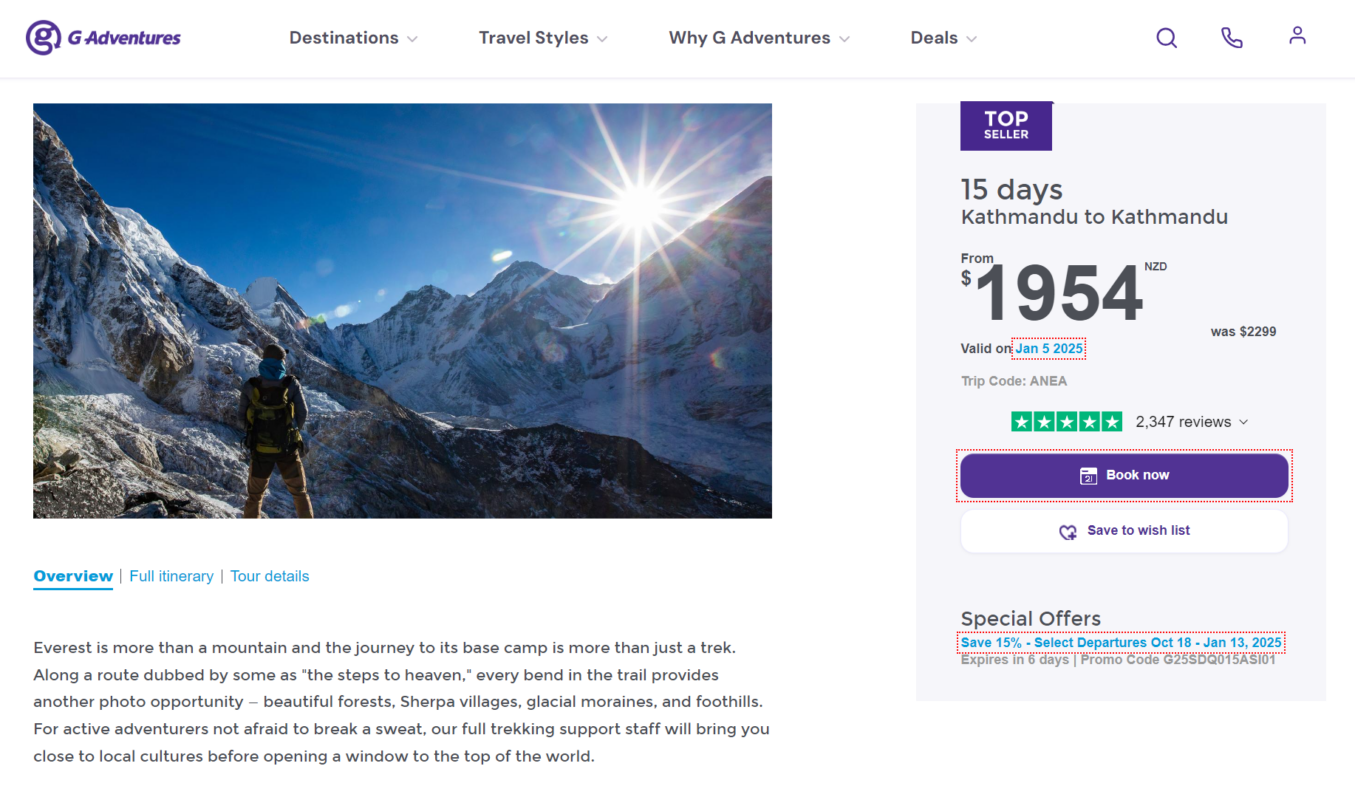
G Adventures is an international company but partners with a locally based operator and has been leading treks in Nepal for over 30 years. They have built a reputation for reliability and professionalism.
With G adventures you get the security of booking with a strong international brand but also pay some of the cheapest rates around. They can do this by running lots of tours and large groups.
This might put off some people but i reckon there’s a vibe about being in a big group of likeminded people.. like contiki but way cooler. On similar tours i’ve made some friends for life.
Highlights:
- Excellent safety protocols, including acclimatization schedules and experienced guides trained in first aid.
- A lot of dates to chose from
- Often running sales (they are now at time of writing!)
- Consistently high ratings on TripAdvisor and Trustpilot, known for delivering quality experiences.
- Strong commitment to responsible tourism and supporting local communities.
Key Info
3. Nepal Social Treks
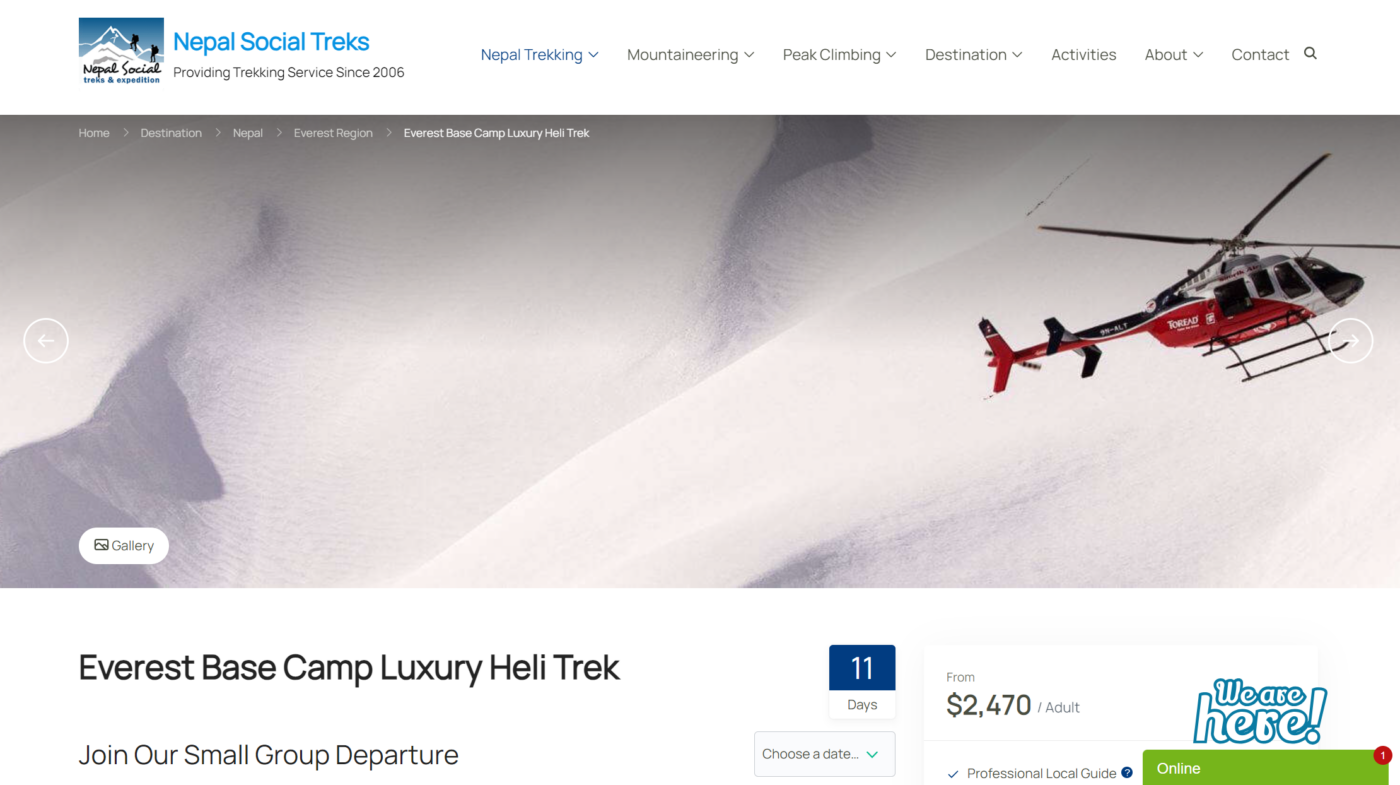
Nepal Social Treks offers a balanced approach, combining affordability, safety, and a decent level of service. They’re a great choice if you’re looking for value without compromising on safety.
I love a locally owned business and Nepal Social is owned by another two brothers, Basu and Arjun Panday.
Highlights:
- Well-established safety protocols with experienced guides and proper acclimatization schedules.
- Flexible itineraries that can be tailored to your needs and preferences.
- Focus on responsible tourism.
- Cultural and spiritual experience
- Member of various trekking bodies, including the Trekking Agencies Association of Nepal
- Received TripAdvisor’s Travelers’ Choice Award.
Key Info
The Best “Luxury” Trekking Companies for Everest Base Camp
Now onto the ‘luxury’ or premium operators. It’s not luxury in the traditional sense of the word (You’re still walking up a mountain!) but you’ll pay more and get a bunch more comforts. You’ll also enjoy smaller group sizes, and a higher success rate of making it to the top.
4. Nepal Hiking Team (Who I used!)
Nepal Hiking Team get another mention because they offer the most complete and extensive range of Everest Base Camp tour options I came across.
Nepal Hiking Team is a local company based out of Katmandhu that offers trekking all over Nepal and Bhutan, including 4 different Everest Base Camp packages. It’s owned by two brothers, Ganga and Balaram – not an international consortium like some operators.
We were actually met by Ganja when we arrived at the hotel so these guys are clearly very involved in their business!
Everything was seamless, professional and run like clockwork. from Airport transfers, to hotel accommodation to the actually service on the hike itself. I couldn’t have imagined it going any better.
They also have a 5 start Trip Advisor rating with 1876 glowing reviews!!
Key Info
5. Exodus Travels

Similar to G Adventures, Exodus Travels has been operating for over 30 years and has carved out a niche for themselves by offering eco-friendly treks that don’t compromise the trekking experience that operate at a higer end of the market.
Highlights:
- Strong focus on eco-friendly practices and responsible tourism.
- Excellent safety protocols, including acclimatization schedules and experienced guides trained in first aid.
- Opportunities for deep cultural engagement, including village visits and local interactions.
- Excellent ratings on Trustpilot
Key Info
6. Intrepid Travel
If you’re looking for a touch of luxury on your Everest trek, Intrepid Travel might be the company for you. They focus on providing premium services, which make your trek as comfortable as possible.
Highlights:
- High level of comfort with stays at hotels/guesthouses and access to private vehicles.
- Additional perks like a visit to the National Park Museum and sunrise trek.
- Strong safety standards, with experienced guides and proper acclimatization practices.
- Highly rated by past trekkers for their attention to detail and quality of service.
- Cultural and spiritual adventures.
Key Info
7. Explore Himalaya
Explore Himalaya is a fantastic choice if you want to experience and engage in the local culture. This company is known for its strong local knowledge and focus on cultural experiences.
Highlights:
- Luxurious experience with a 4-night stay at hotels
- Local guides with deep knowledge of the Everest region.
- Emphasis on cultural experiences, including village homestays and interactions with local communities.
- Well-established safety protocols with experienced guides and proper acclimatization schedules.
- Member of various trekking bodies, including the Trekking Agencies Association of Nepal
Key Info
Nepal Trekking Cheatsheet
🚑 Should I buy travel insurance for Nepal?
100% YES! — Nepal has now introduceed “free” healthcare but it’s only for citizens! Tourists need travel insurance in case anything happens on your visit. Also be aware many policies won’t cover high altitude hiking as it’s a high risk activity!
(that’s right, check the t&c’s on your complimentary credit card insurance)
I highly recommend World Nomads as you can get specific add-ons for high altitude hiking UP TO 6000m (Which most travel insurance companies don’t offer!)
🎫 Do I need a visa for Nepal?
Probably not — Nepal now provide a visa on arrival (VoA) for most western countires which allows you stay for up to 90 days. However, some other countries do need a pre-approved eVisa (check here!). A single entry 15 day Nepal tourist visa costs USD$30, a 30 day visa costs $50 and a 90 day visa costs $125.
When paying for your visa at the airport, you’ll need either USD or NPR cash.. or a debit card capable of this transaction. For some reason they don’t accept credit cards.
💉Do I need any vaccinations for Nepal?
YES! Make sure you are up-to-date with all your vaccines. Common travel vaccines include Hep A/B + Typhoid, and Diphtheria + Tetanus.
Rabies is an issue in Nepal but the vaccine is expensive and ineffective as a preventative measure (it only lasts a few years and you’ll need to get them again if you require treatment). If bitten by a stray dog seek immediate medical attention! There is however, a rebies vaccination program in the Khumbu region (Everst) so chances of infection are low.
As always, talk to your GP or specialised travel doctor a few weeks BEFORE you leave.
🏩 What’s the best Nepal Trekking companies?
I personally had an amazing excperience with Nepal Hiking Team.
You can read all the operators i reccommend in this article
💸How do you pay for things in Nepal?
Cash is king in Nepal, so you’ll want to get some folding tender out from an ATM when you land. Larger businesses and hotels will take Debit / Credit Card but most resturants, and street vendors want cash.
When trekking, ATMs are few and far between so dont get stuck without cash
I personally use a Wise debit card for all my international money needs as they only convert the funds when you make payment, plus they offer a much better spread (margin on the true exhange rate) than the banks do. They work in all the Nepalese ATMs I tried.
🚌 What’s the public transport like in Nepal?
There is a good basic network of local and inter-city busses in Nepal and travel this way is very cheap. Domestic flight are also very affordable and a far more comfortable option. Checkout Bussewa for booking bus tickets online.
📲 How do I get internet/data/wifi in Nepal and while trekking?
This one needs a whole nother article, but the short version is prepaid SIM cards are cheap and availible to tourists and locals alike (You don’t need a pricey tourst SIM!)
I got an Ncell SIM card from a vendor in Thamel, Kathmandu for around $10 and this lasted me my whole trip.
NB: Make sure to bring your passport!
Another option is an Airalo eSIM. This is a little more expensive but works from the moment you land is is SOOOOO much easier than the in person verification process required for a local sim.
✈️ What’s the best site to buy flights to Nepal?
For finding cheap flights, I recommend Skyscanner. Once you find the flight you’re looking for, I’d then suggest booking directly with the carrier (even if it costs a few $$ more than with one of the agreggators/agencies).
💧Can you drink the water in Nepal?
Safest not to — tap water in Nepal may be OK (the locals drink it) but is generally untreated and not reccommended for tourists. Purchase bottled water for drinking and teeth brushing, or get water purification tablets.
🏔️💧Can you drink the water while trekking in Nepal?
Yes — but make sure to purify it first. I always use these Aquatabs
There are lots of taps and water sources along the trek. (your guide will show you). And buying bottled water in the mountains is extremely expensive. If you want to drink water from the rivers and streams you generally can but ALWAYS follow best practice and drink from fast flowing water as far up stream as possible. I’d also recommend a Brita Water Bottle for rehydrating on the trail safely.


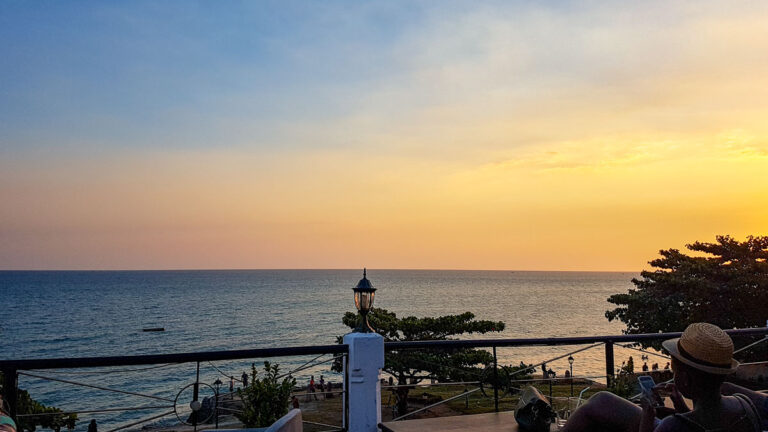
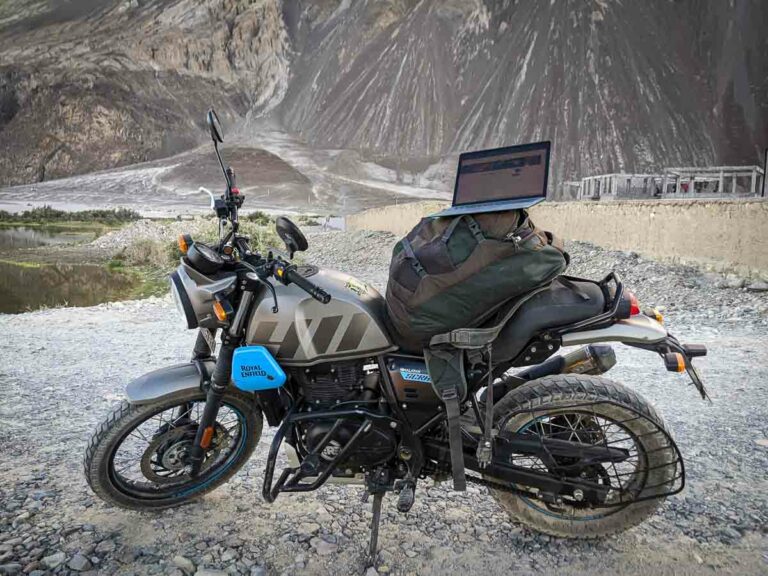
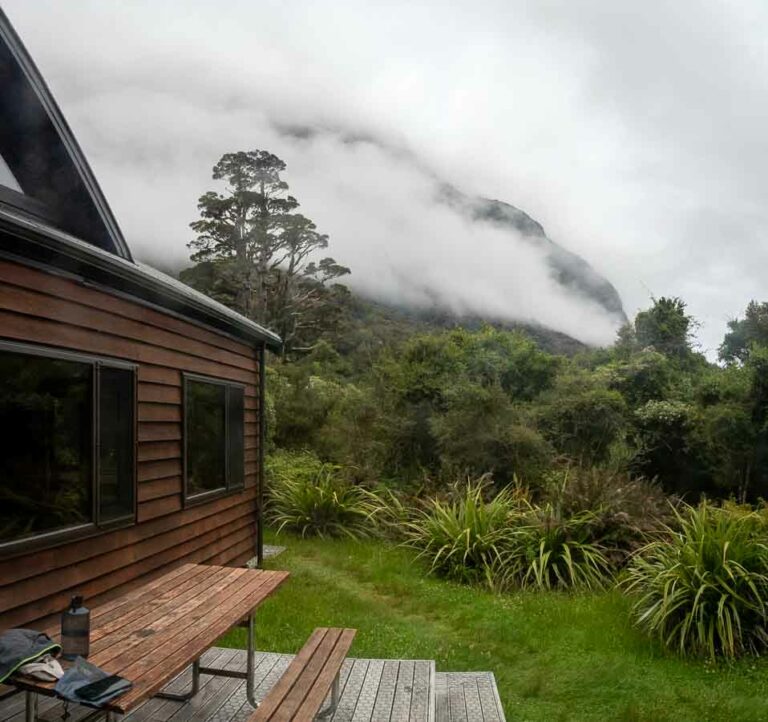

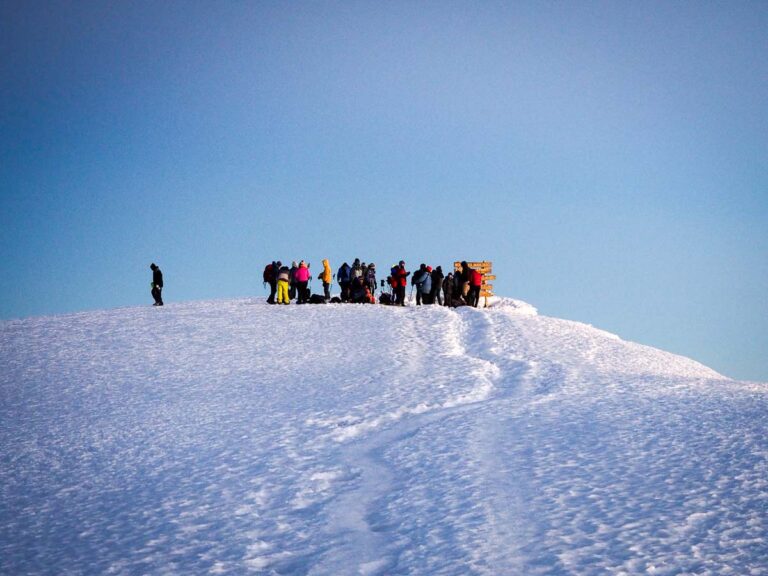
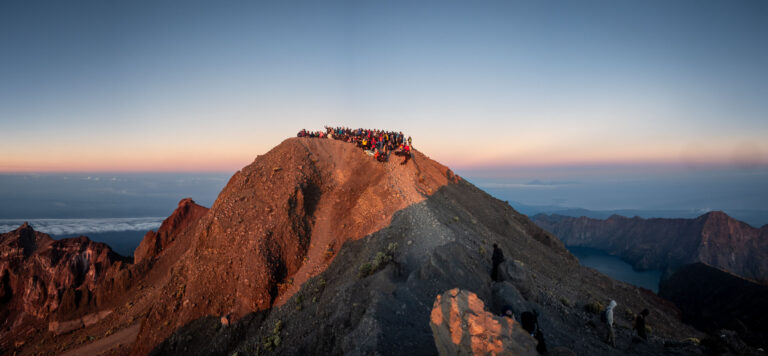
Great insights on trekking companies!